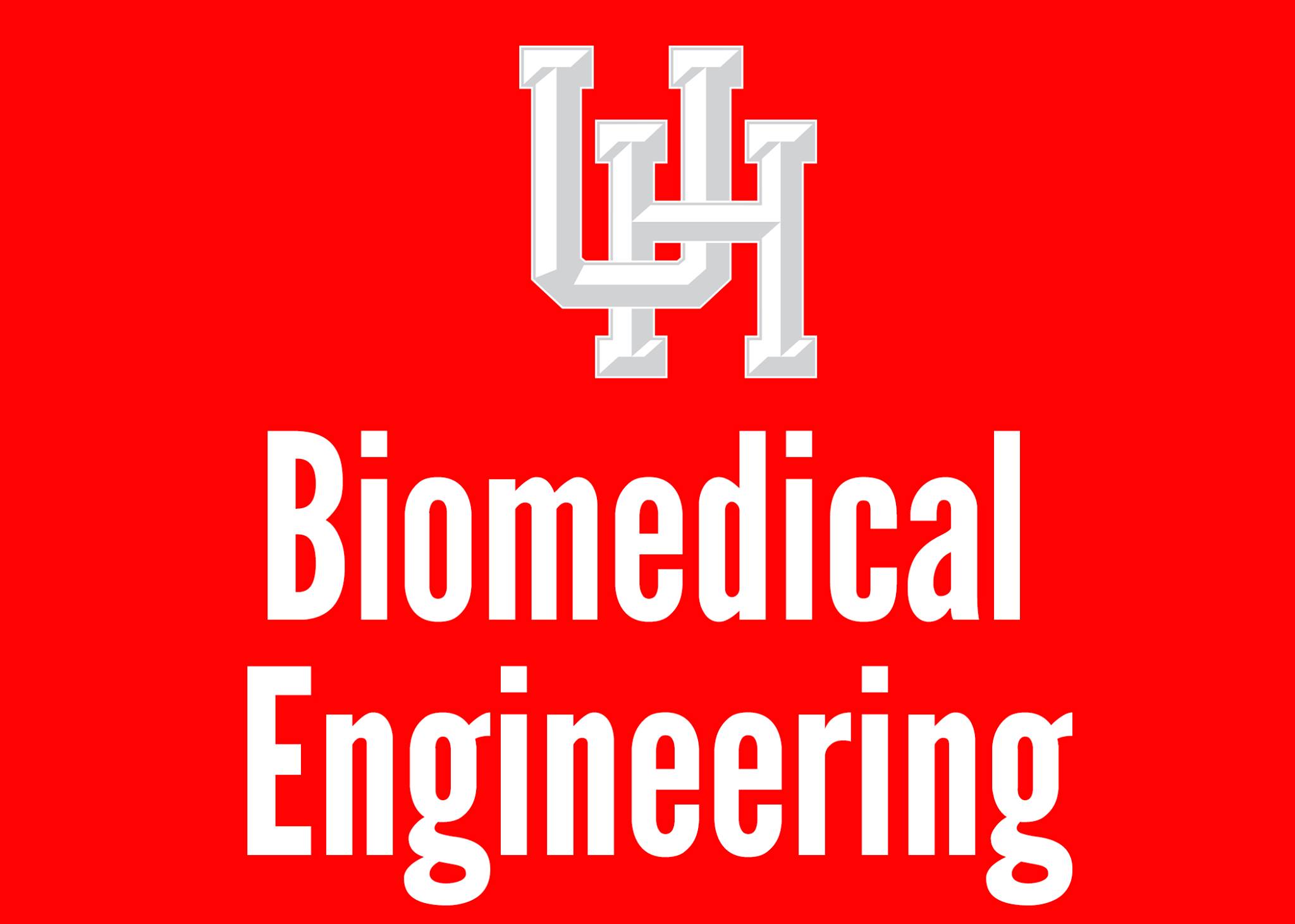Menu
Travel Info:
Faculty
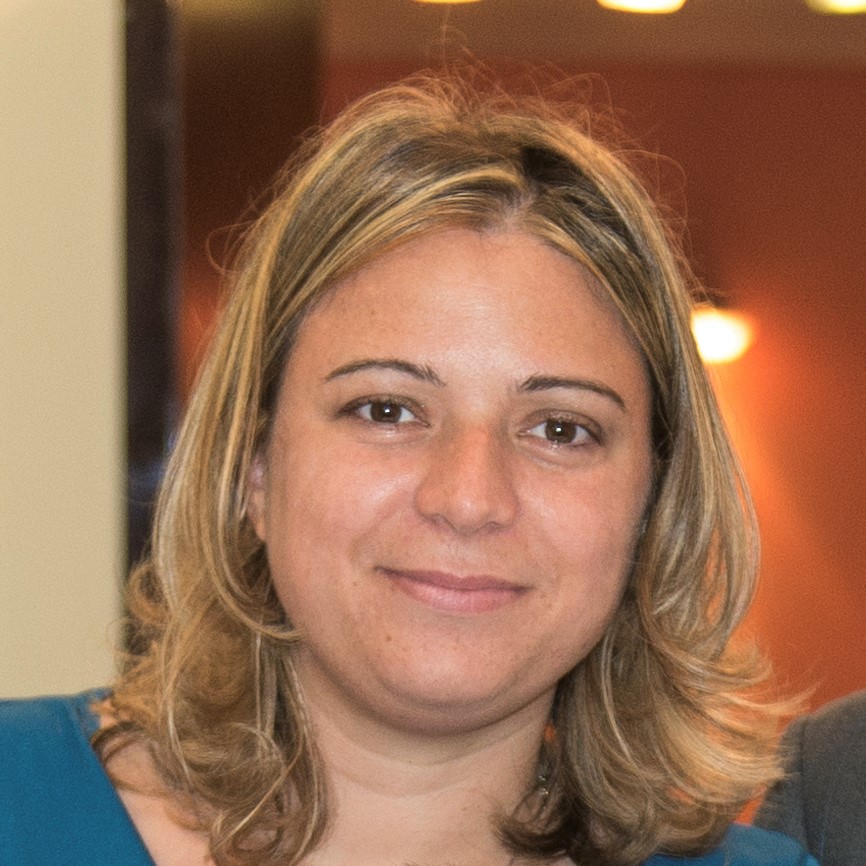
Dr. Michela Chiappalone |
Dr. Michela Chiappalone graduated in Electronic Engineering (summa cum laude) in 1999 and obtained a PhD in Electronic Engineering and Computer Science from University of Genova (Italy) in 2003. In 2002 she has been visiting scholar at the Northwestern University in Chicago (USA). After a Post Doc at the University of Genova, in 2007 she joined the Istituto Italiano di Tecnologia (IIT) as a Post Doc. In 2013 she got a Researcher (Team Leader) position in the same Institution. In 2015 she has been Visiting Professor at Kansas University (USA), hosted by Prof. RJ. Nudo. From 2012 to 2015 she has been Coordinator of the FET Open European project BrainBow, judged excellent. In 2018, she joined the Rehab Technologies Lab of IIT. In 2021 she got a professorship position at the University of Genova, where she is now Associate Professor of Bioengineering. She has been named IEEE EMBS Distinguished Lecturer for the years 2021 and 2022. She authored 96 publications in International Journals, more than 70 peer-reviewed Conference papers and she gave more than 100 scientific talks at International/National Conferences and Research Institutions. She is also Editor of 2 Books. |

Dr. Kristy K. Brock |
Dr. Kristy K. Brock received her PhD in Nuclear Engineering and Radiological Sciences from the University of Michigan. After receiving her PhD, she joined the faculty at the University of Toronto (Radiation Medicine Program, Princess Margaret Hospital) and subsequently the faculty at the University of Michigan (Department of Radiation Oncology). She is currently a Professor with tenure in the Department of Imaging Physics at the University of Texas MD Anderson Cancer Center, where she is the Director for the Image-Guided Cancer Therapy Research Program. Her research has focused on image guided cancer therapy, where she has developed a biomechanical model-based deformable image registration algorithm to integrate imaging into treatment planning, delivery, and response assessment as well as to understand and validate imaging signals through correlative pathology. Her algorithm was licensed and incorporated into a commercial treatment planning system. Dr. Brock is board certified by the American Board of Radiology in Therapeutic Medical Physics and holds a joint appointment with the Department of Radiation Physics at MD Anderson. Dr. Brock has published over 150 papers in peer-reviewed journals, is the Editor of the book ‘Image Processing in Radiation Therapy’ and has been the PI/co-PI on over 25 peer-reviewed, industry, and institutional grants. She currently serves as the Vice Chair of Science Council for the American Association of Physicists in Medicine as well as Vice Chair of the Big Data Subcommittee. In addition, she is the Practitioner Representative for the Administrative Committee of the IEEE Engineering in Medicine and Biology Society and the Physics Representative of the American Society for Radiation Oncology Nominating Committee. |
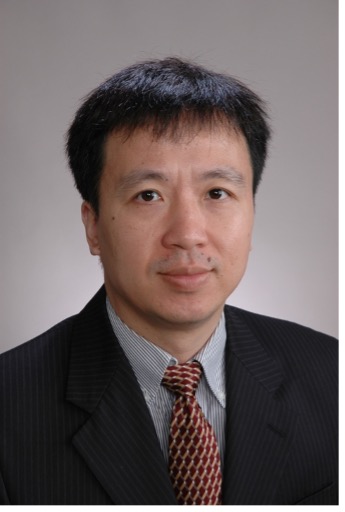
Dr. Nanguang Chen |
Dr. Nanguang Chen is an Associate Professor of Biomedical Engineering at the National University of Singapore (NUS). He received his Ph.D. in Biomedical Engineering in 2000 from Tsinghua University. He also received his MSc in Physics (Peking University) and BSc in Electrical Engineering (Hunan University) in 1994 and 1988, respectively. He joined the Optical and Ultrasound Imaging Lab at the University of Connecticut in 2000 as a postdoctoral fellow and became an Assistant Research Professor in 2002. Since 2004, he has been a faculty member with NUS. His research interests include diffuse optical tomography, optical coherence tomography, and multi-dimensional fluorescence microscopy, and laser speckle imaging. He has published more than 200 papers and holds five international patents. |
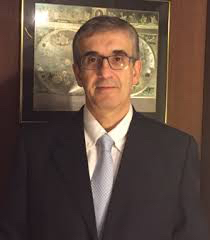
Dr. Dimitrios I. Fotiadis |
Dr. Dimitris I. Fotiadis Dimitris I. Fotiadis (Fellow, IEEE) was born in Ioannina, Greece in 1961. He received the Diploma degree from the National Technical University of Athens, Athens, Greece, in 1985, and the Ph.D. degree from the University of Minnesota, Minneapolis, MN, USA, in 1990, respectively, all in chemical engineering. He is currently a Professor of Biomedical Engineering in the Department of Materials Science and Engineering, University of Ioannina, Ioannina, Greece, where he is also the Director of the Unit of Medical Technology and Intelligent Information Systems, and is also an Affiliated Member of the Foundation for Research and Technology Hellas, Institute of Molecular Biology and Biotechnology, Department of Biomedical Research. He was a Visiting Researcher at the RWTH, Aachen, Germany, and the Massachusetts Institute of Technology, Cambridge, MA, USA. He has coordinated and participated in more than 200 R&D funded projects (in FP6, FP7, H2020, and national projects), being the coordinator and technical coordinator in several of them. Prof. Fotiadis is an IEEE EMBS Fellow, EAMBES Fellow, Fellow of IAMBE, member of the IEEE Technical Committee of Information Technology in Healthcare, Editor-in-Chief of IEEE Journal of Biomedical and Health Informatics, Associate Editor of IEEE Reviews in Biomedical Engineering, IEEE Open Journal in Engineering in Medicine and Biology, and Computers in Biology and Medicine. His current research interests include multiscale modeling of human tissues and organs, intelligent wearable/implantable devices for automated diagnosis, processing of big medical data, machine learning, sensor informatics, image informatics, and bioinformatics. He is the recipient of many scientific awards including the one by the Academy of Athens. |
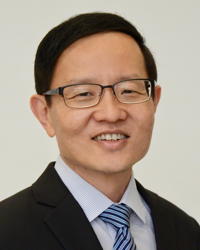
Dr. Chwee Teck Lim |
Dr. Chwee Teck Lim is the NUSS Chair Professor at the Department of Biomedical Engineering and Director of the Institute for Health Innovation and Technology at the National University of Singapore. He conducts research in human diseases and develops medical sensing and wearable technologies for disease diagnosis and therapy. He has over 450 scientific publications, delivered over 420 plenary/lkeynote/invited talks and ha over 60 filed and granted patents. He also cofounded six startups. He and his team has garnered over 100 research awards and honours including elected fellowships in the US National Academy of Inventors, IUPESM, IAMBE, AIMBE, ASEAN Academy of Engineering and Technology, Academy of Engineering, Singapore and Singapore National Academy of Science. |
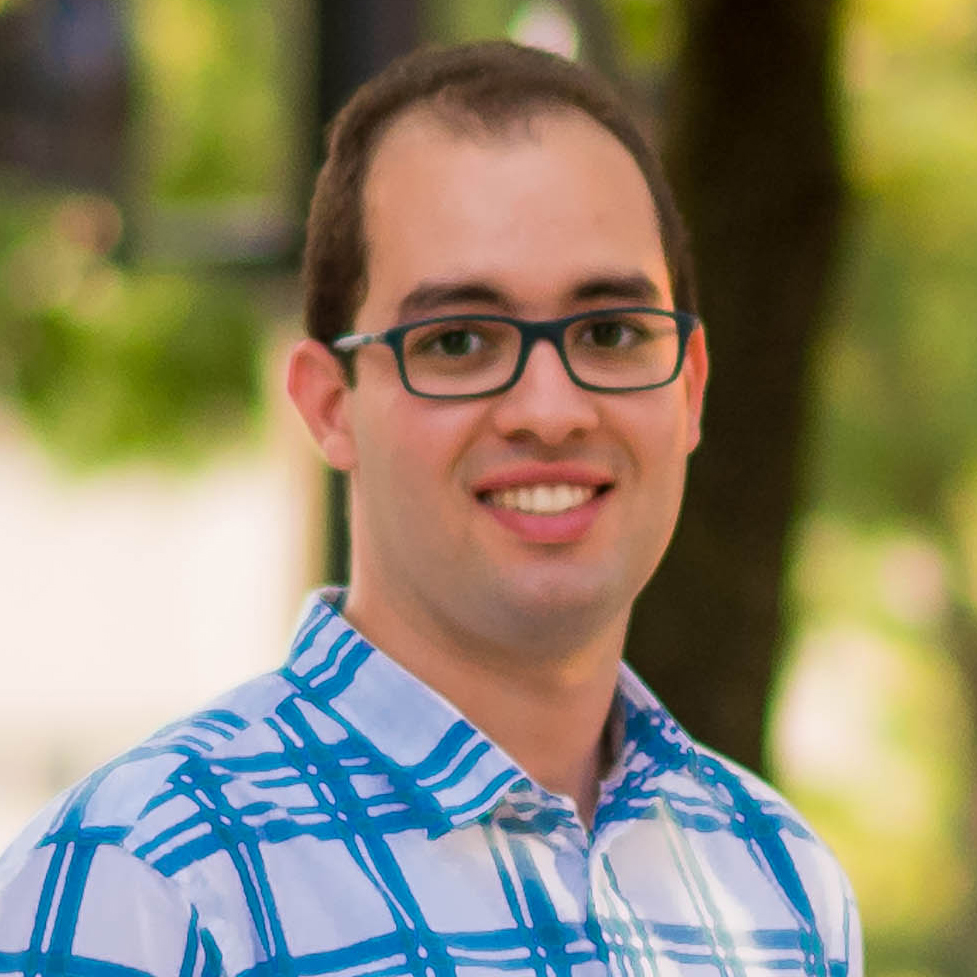
Dr. Ahmed Metwally |
Dr. Ahmed Metwally is a senior research scientist at Google. His research focuses on developing AI methods for longitudinal multimodal biomedical data fusion (wearables and omics) to detect cardiometabolic and infectious diseases early and personalize their treatments. Previously, he was a senior AI scientist at Illumina. Ahmed was a postdoctoral scholar in the Snyder lab at Stanford University (2018-2021). Ahmed holds a PhD in Biomedical Engineering and an MS in Computer Science, both from the University of Illinois at Chicago (2018). He received a B.Sc. in Biomedical Engineering from Cairo University, Egypt. He has over 55 publications in prestigious journals, such as Nature Biomedical Engineering, Nature and Science. He is a co-inventor of two patents relating to diabetes prevention. Ahmed also led the Stanford Wearable Electronics Initiative and co-led the Stanford initiative for early prediction of COVID-19 using smartwatches. He is an IEEE senior member and was elected globally to serve on the board of IEEE EMBS from 2017 to 2019. He has received numerous awards, including the NIH Predoctoral Translational Scientist fellowship, Stanford RISE award, and ISMB’20 Best Talk award. |

Vivek Natarajan |
Vivek Natarajan is a Staff Research Scientist at Google leading research at the intersection of large language models (LLMs) and biomedicine. In particular, Vivek is the lead researcher behind Med-PaLM and Med-PaLM 2, which were the first AI systems to obtain passing and expert level scores on US Medical License exam questions respectively. Med-PaLM was recently published in Nature and has been featured in The Scientific American, Wall Street Journal, The Economist, STAT News, CNBC, Forbes, New Scientist among others.
Vivek’s research has been published in well-regarded conferences and journals including Nature, Nature Medicine, Nature Biomedical Engineering, NeurIPS, CVPR, ICCV and JMLR. His research also underpins several regulated medical device products under clinical trials at Google, including the NHS AI award winning breast cancer detection system Mammo Reader and the skin condition classification system DermAssist.
Prior to Google, Vivek worked on multimodal assistant systems at Facebook AI Research and published award winning research, was granted multiple patents and deployed AI models to products at scale with hundreds of millions of users.
|
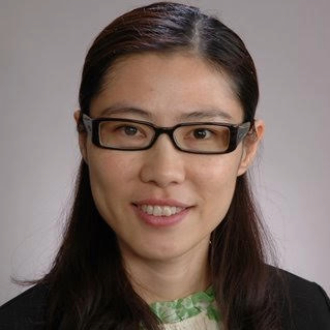
Dr. Anqi Qiu |
Dr. Anqi Qiu is a global STEM scholar and professor at the Department of Health Technology and Informatics at the Hong Kong Polytechnic University. She also serves as an Adjunct Professor at the Department of Biomedical Engineering at Johns Hopkins University. Her past roles include Deputy Head for Research & Enterprises at the Department of Biomedical Engineering and Director for the BME Center at the NUS Suzhou Research Institute, a part of the National University of Singapore.
In 2007, Dr. Qiu joined the National University of Singapore as an Assistant Professor, where she founded the Laboratory for Medical Image Data Sciences. Her remarkable contributions to the field have earned her multiple accolades, including the Faculty Young Research Award and the 2016 Young Researcher Award of NUS. In recent recognition of her outstanding research achievements, she was bestowed with the prestigious “Dean’s Chair” Associate Professorship
Specializing in computational analyses, Dr. Qiu is deeply committed to understanding the origin of individual health differences throughout a lifespan. She leverages complex and informative datasets that include disease phenotypes, neuroimaging, and genetics to further her research.
Dr. Qiu has held significant positions in professional organizations, serving as the Treasurer for the Council of the Organization for Human Brain Mapping and contributing as an editor for esteemed scientific publications such as Neuroimage and Frontiers in Neuroscience. |
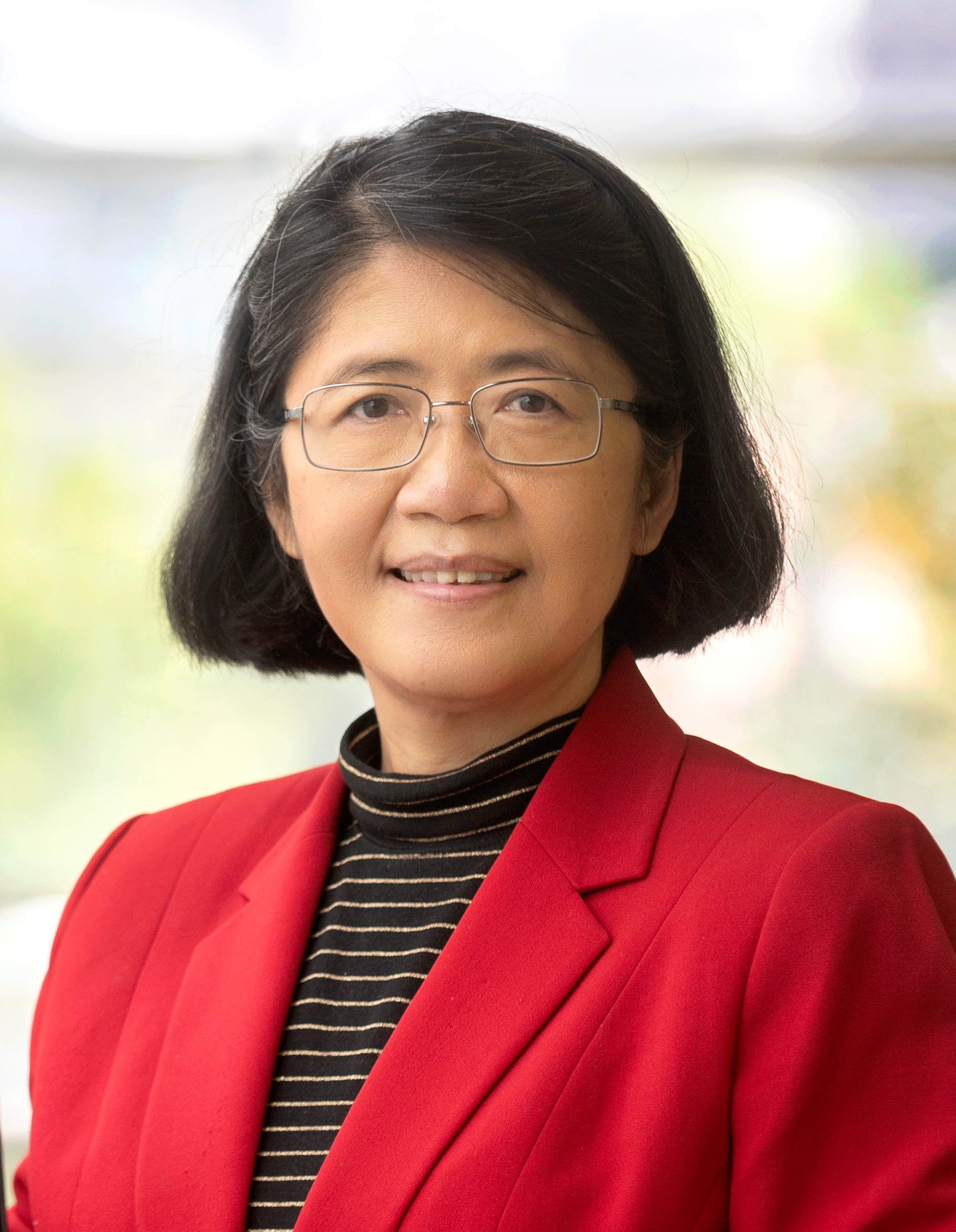
Dr. May Dongmei Wang |
Dr. May Dongmei Wang is Wallace H. Coulter Distinguished Faculty Fellow and full professor of BME, ECE, CSE at Georgia Institute of Technology (GT) and Emory University (EU) in Atlanta, Georgia, USA. She received a BEng from Tsinghua University China and MS/PhD from GT. She is Director of Biomedical Big Data Initiative, Georgia Distinguished Cancer Scholar, Petit Institute Faculty Fellow, Kavli Fellow, AIMBE Fellow, IAMBE Fellow, IEEE Fellow, and Board of Directors of American Board of AI in Medicine. Dr. Wang works in Biomedical and Health Informatics (BHI), Big Data, AI, and Metaverse for predictive, personalized, and precision health (pHealth). She published over 300 articles in referred journals and conference proceedings with over 16,700 Google Scholar citations, and has delivered more than 320 invited and keynote lectures. Dr. Wang is the Senior Editor for IEEE J-BHI, an AE for IEEE TBME and IEEE RBME. She is a panelist for NIH CDMA Study Section, NSF Smart and Connect Health, and Brain Canada. Dr. Wang helped found IEEE EMBS Biomedical and Health Informatics TC. She was 2014-2015 IEEE-EMBS Distinguished Lecturer and an Emerging Area Editor for Proceedings of National Academy of Sciences. Dr. Wang is IEEE-EMBS VP Conf, IEEE Future Directions and The International Academy of Med. and Bio. Eng. (IAMBE) Executive Committee Member. She was awarded GT Outstanding Faculty Mentor for Undergrad Research, and EU MilliPub Award for a high-impact paper cited over 1,000 times. Dr. Wang is 2023 ELATES (Executive Leadership in Academic Technology, Engineering and Science) Fellow, 2022 GT President LeadingWomen, 2021 GT Provost Emerging Leaders, and 2018-2021 GT Carol Ann and David Flanagan Distinguished Faculty Fellow. She was 2015-2017 GT BMI Co-Director in Atlanta Clinical and Translational Science Institute (ACTSI), Director of Bioinformatics and Biocomputing Core in NIH/NCI-sponsored U54 CCNE, and Co-Director of GT Center of Bio-Imaging Mass Spectrometry. Her research has been supported by NIH, NSF, CDC, Georgia Research Alliance, Georgia Cancer Coalition, Shriners’ Children, Children’s Health Care of Atlanta, Enduring Heart Foundation, Coulter Foundation, Imlay Foundation, Carol Ann and David Flanagan Foundation, Horizon Europe, Microsoft Research, HP, UCB, and Amazon. |
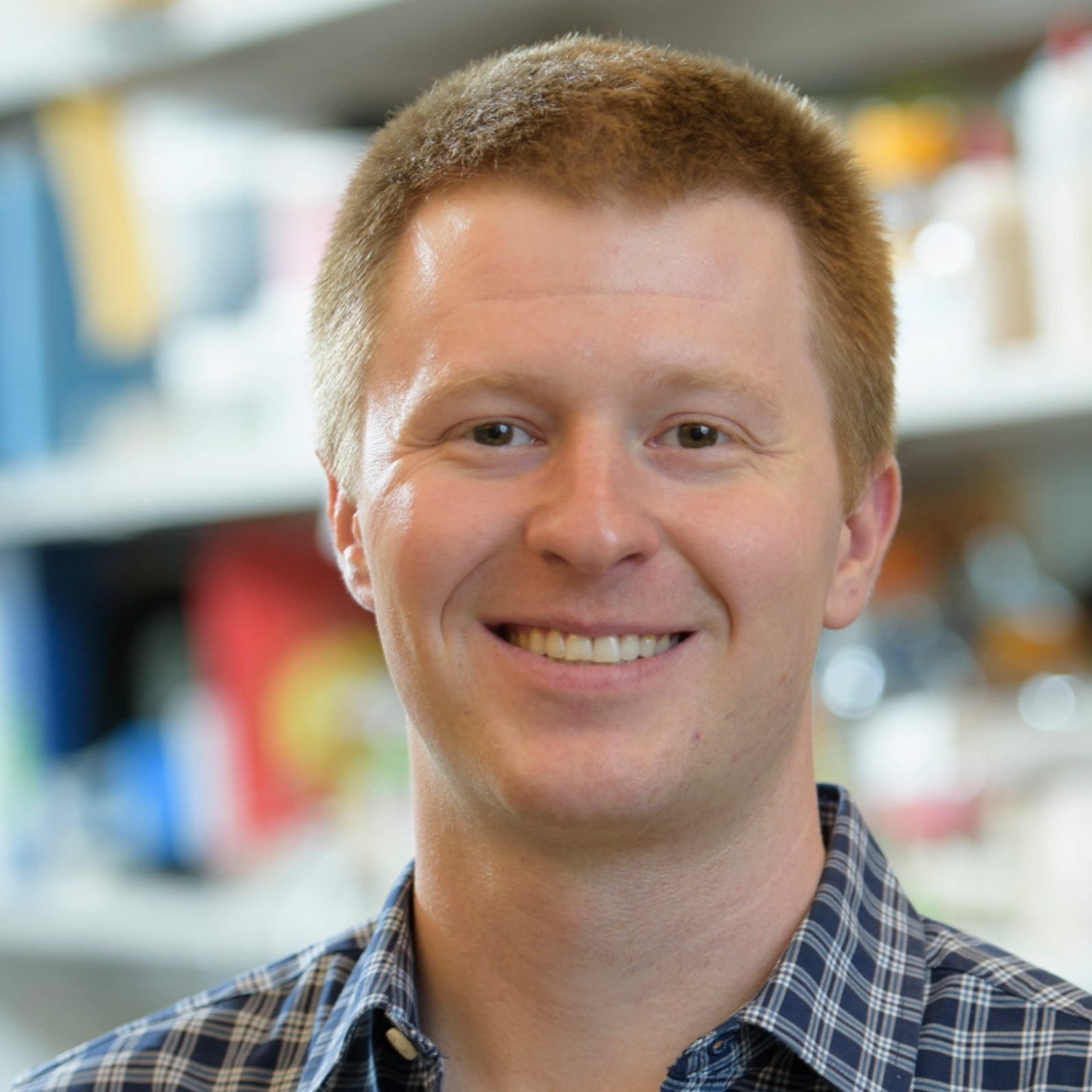
Dr. Matthew Wipperman |
Dr. Matthew Wipperman joined Regeneron in 2019 on the Quantitative Translational Sciences team in Precision Medicine, part of Early Clinical Development & Experimental Sciences. Across biomarker studies, he leads strategy, design, and exploratory data analyses, specifically focusing on clinical, demographic, omics, imaging, and digital biomarkers for Regeneron’s clinical development programs (from early experimental phase 0 to late-stage phase 4 trials). This work drives the discovery and validation of innovative biomarkers and clinical trial endpoints, the elucidation of mechanisms of action and drug pharmacodynamics, identification of sub-populations where pharmaceutical interventions will be effective, and exploration of alternative indications for approved drugs. His academic interests and work at Regeneron include the use of data science, statistics, and AI/ML to elucidate fundamental mechanisms of human biology, immunology, and physiology. This approach is especially crucial when dealing with deeply phenotyped individuals in small clinical studies (large P small N), allowing for more precise and meaningful insights into patient-specific characteristics and outcomes. Dr. Wipperman actively initiates and leads collaborations with diverse teams across clinical, research, regulatory, and external functions, to ensure scientific and clinical success of projects. He holds a BA and PhD in Chemistry, and an MSc in Clinical and Translational Science, with 15 years of experience in laboratory, computational, and basic scientific domains. Prior to Regeneron, he worked in clinical biomarker research at Sloan Kettering, where he led clinical biomarker and immunology work in infectious disease clinical research. He also continues to sit on the faculty in the Department of Medicine at Weill Cornell Medicine as a courtesy appointment, reflecting his ongoing connection to academic medicine. |

